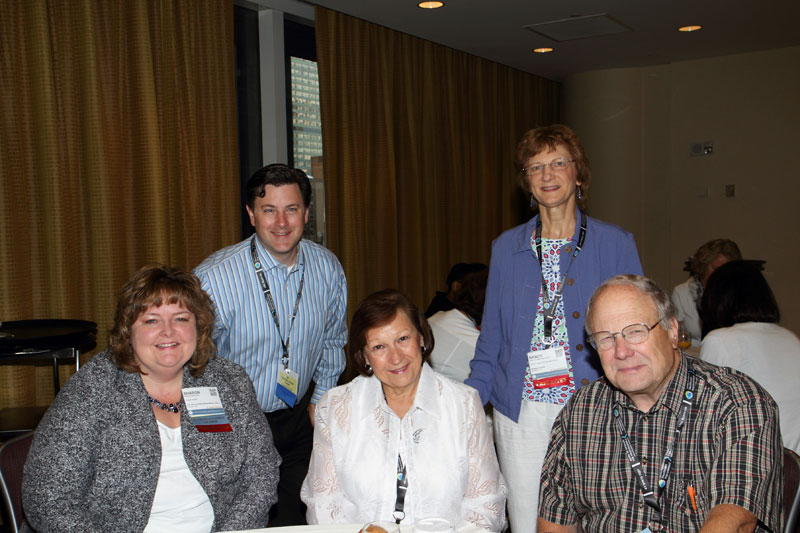- Participating in research projects was a new experience for the majority of the PFACs participating in the project. While all welcomed the opportunity to expand their scope, all sites expressed the need for clarity about their role.
-
All sites agreed that successful beginnings start with:
- Creating a smooth process for researchers and PFACs to connect with each other.
- Educating researchers on the importance of patient and family voices in research, strategies for effective partnerships, and how to access the PFAC.
- Reassuring PFAC members about the value of their voice and educating them about their roles and responsibilities.
- All project sites agreed that a culture open to the voice of the patient, family, and community must be created for research partnerships to be successful.
- There were mixed opinions about the depth that PFACs could engage in research. Some of the project’s PFACs were hesitant at first because they have other priorities and limited time. However, they wanted their participation to be meaningful and did not want to be a rubber stamp committee for research.
- The majority of the project’s PFACs were willing to allocate part of their agendas to provide feedback to researchers but did not want their PFACs to turn into research only councils.
- All the PFACs agreed that there should be multiple options offered to obtain patient, family, and community voices.
- The majority of PFACs found that the success of research partnerships was dependent on the ability of researchers to gather information through guided storytelling and asking broader “what matters most” questions as opposed to “how to” questions.
-
All PFAC and researchers wanted access to strategies and tools to help create effective partnerships.
- PFACs wanted to be clearly informed of responsibilities and roles but not overwhelmed with too much information. They felt that “less is more” when it came to education about research especially at the beginning. However, “more is better” for individual advisors joining research teams.
- Researchers wanted to know how to ask questions, guide storytelling, and lead open discussions when gathering the voices of patients, families, and the community.
- All PFACs wanted to be informed of research project progress and how their input impacted the project.
- All PFACs had a staff liaison—a staff member with dedicated time to support the PFAC. This role was critical to creating a smooth process.

Members of OSU, Essentia, and Middlesex Teams at IPFCC’s International Conference
